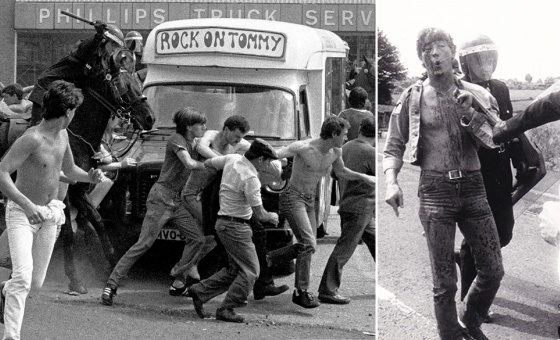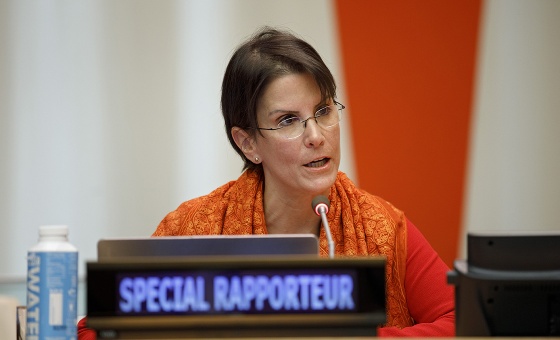This is the last article you can read this month
You can read more article this month
You can read more articles this month
Sorry your limit is up for this month
Reset on:
Please help support the Morning Star by subscribing here
JOURNALISTS of Arab and Middle Eastern descent have called on Western media outlets to be mindful of racial bias in their coverage of the war in Ukraine.
In a statement released on Sunday night, the Arab & Middle Eastern Journalists Association (Ameja) highlighted examples of racist news coverage “that ascribes more importance to some victims of war over others.”
One of the examples Ameja highlighted was a piece by Daniel Hannan of the Daily Telegraph, who wrote: “They [refugees fleeing Ukraine] seem so like us. That is what makes it so shocking. War is no longer something visited upon impoverished and remote populations. It can happen to anyone.”
In another example, US journalist Charlie D’Agata said on CBS news at the weekend: “But [Kiev] isn’t a place, with all due respect, like Iraq or Afghanistan, that has seen conflict raging for decades. This is a relatively civilised, relatively European — I have to choose those words carefully, too — city.”
Al Jazeera English anchor Peter Dobbie said: “These are not obviously refugees looking to get away from areas in the Middle East that are still in a big state of war. These are not people trying to get away from areas in North Africa. They look like any European family that you would live next door to.”
Al Jazeera apologised yesterday for the presenter’s “insensitive and irresponsible” comments, and said “the breach of professionalism is being dealt with.”
In two other examples not mentioned in Ameja’s statement, Ukraine’s deputy chief prosecutor David Sakvarelidze told BBC News the war was “very emotional for me because I see European people with blue eyes and blond hair being killed,” and an ITV journalist in Ukraine said in a live segment: “The unthinkable has happened… This is not a developing third-world nation: this is Europe.”
Ameja condemned the “orientalist and racist implications that any population or country is uncivilised or bears economic factors that make it worthy of conflict.
“This type of commentary reflects the pervasive mentality in Western journalism of normalising tragedy in parts of the world such as the Middle East, Africa, South Asia, and Latin America. It dehumanises and renders their experience with war as somehow normal and expected.”
The group called on newsrooms to train their correspondents on the cultural and political nuances of regions they are reporting on, and urged them not rely on US- or Eurocentric biases.
 Ben Cowles
Ben Cowles









